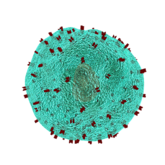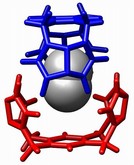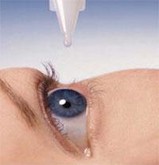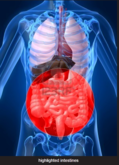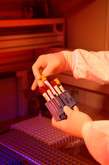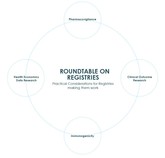Biosimilars/Research
|
Posted 02/07/2021
Development of biologicals has experienced steady growth over the past three decades. Expiration of patents on many originator biologicals, such as insulin, human growth hormone and erythropoietin, has opened the door for the development of biosimilars. The high cost of biologicals, however, has limited their accessibility, particularly in developing countries. Biosimilars offer much-needed affordability and hence improved accessibility. Global health agencies, such as the World Health Organization, are engaged in developing a prequalification program in order to help countries that do not have strong regulatory systems [1].











